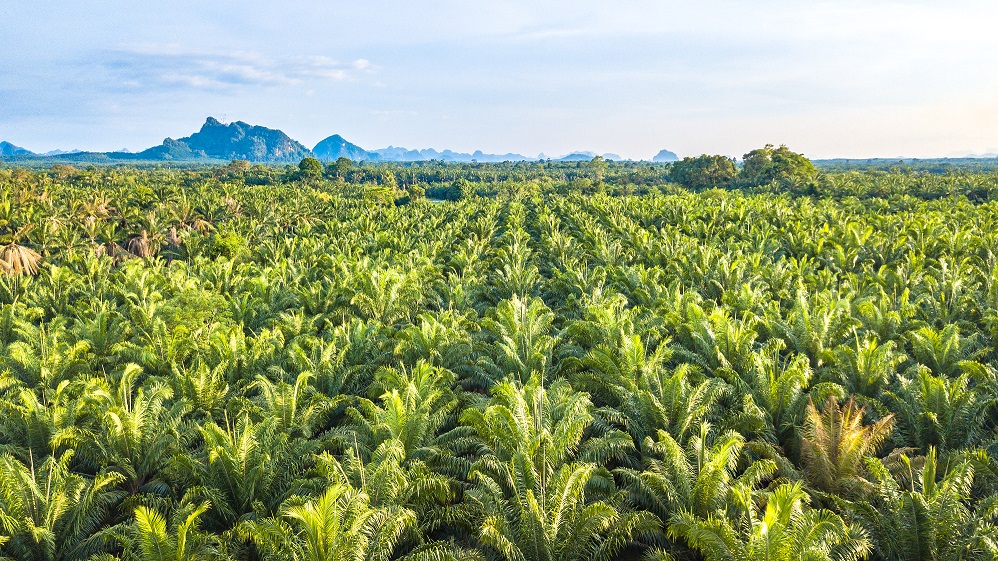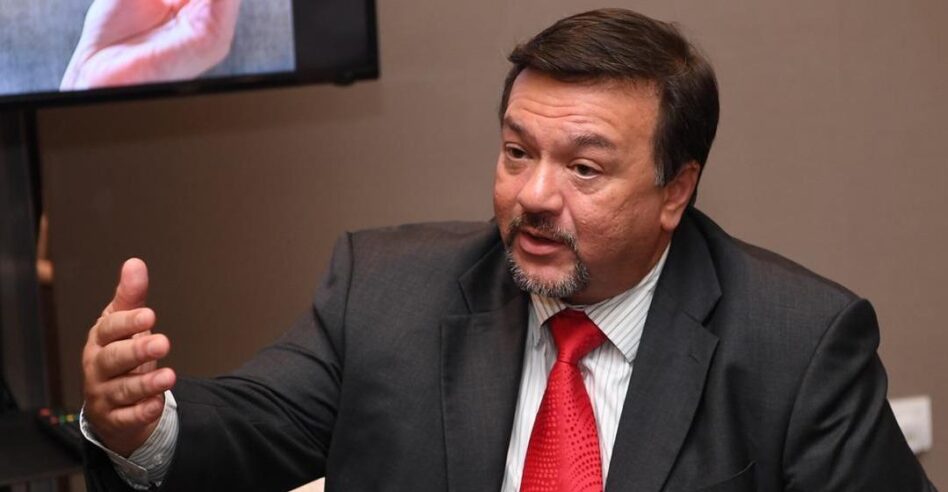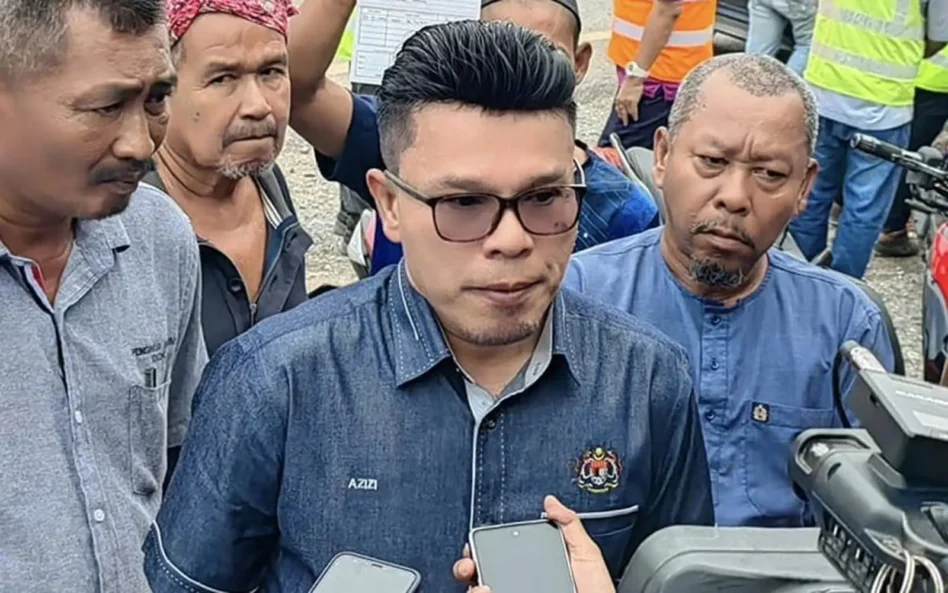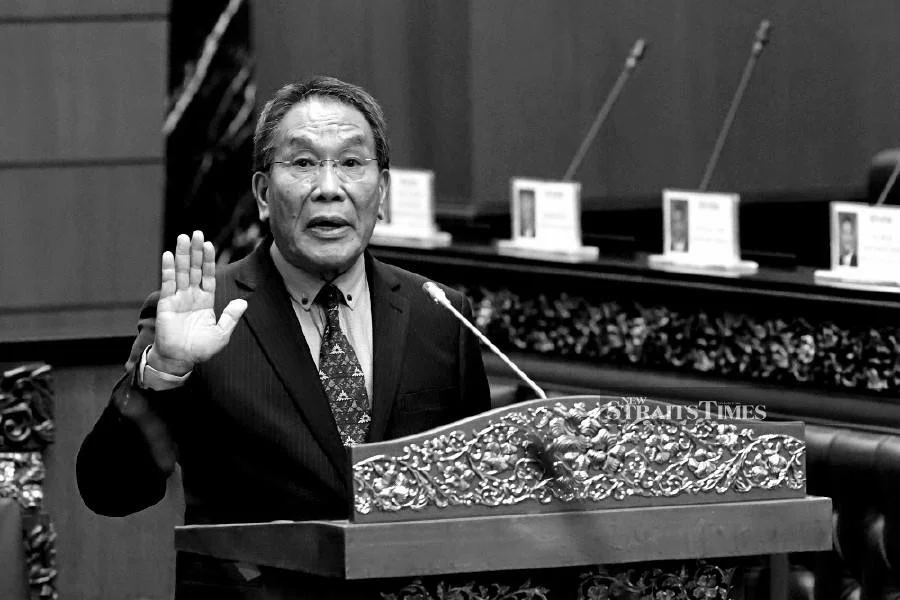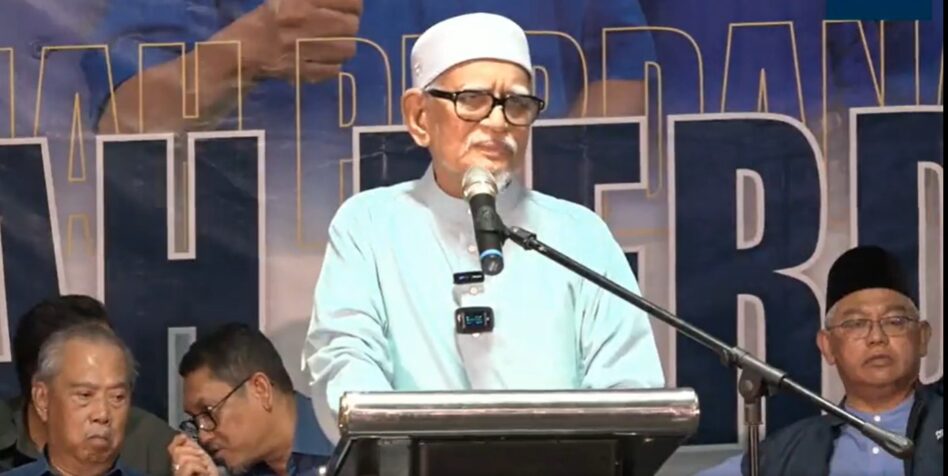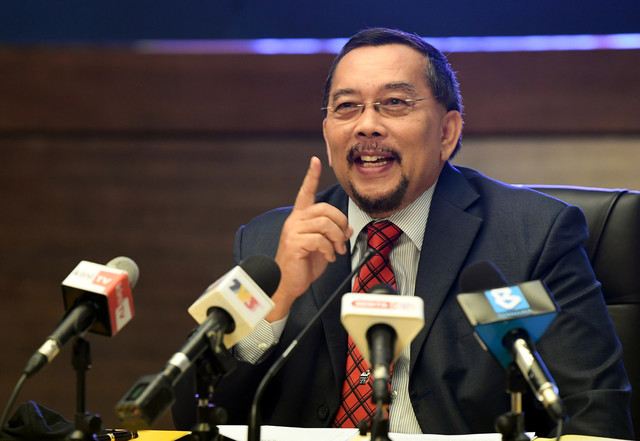RHB Research has retained its “neutral” outlook on the plantation sector with profit taking strategy maintained amid the continued uncertainty of Indonesia’s export policy.
Among others, Indonesia has reduced the maximum tax and levy assuming the domestic market obligation (DMO) is fulfilled but a special tax of US$200/metric tonne (MT) (RM879) will be imposed on those wanting an exemption from the DMO.
“Most companies continue to stockpile while these new policies are being sorted out,” opined analyst Hoe Lee Leng in a regional plantation sector update. “We understand that most companies are able to keep approximately another month of stock before storage capacity runs out.”
Yesterday (June 8), the Indonesian Government proposed to reduce the combined maximum crude palm oil (CPO) export tax and levy rate per MT to US$488 (RM2,145) from US$575 (US$2,527) to encourage shipments.
The maximum CPO export rate is now revised up to US$288/MT (from US$200) while the maximum CPO levy rate is reduced to US$200/MT (from US$375). No further details on the tax structure have been announced, including the effective date.
On top of the export tax and levy rate revision, Jakarta will be implementing a new special tax for the DMO exemption of US$200/MT to allow companies to obtain shipment permit without having to wait to verify their domestic sales obligation.
This is aimed at speeding up the trade process to ensure producers with overflowing stockpiles can export while farmers can sell their fresh fruit bunches (FFB).
Regulation on the special export policy is set to be issued in one to two days. DMO pricing for CPO is now at 10,600 rupiah/kg (RM3,200/MT), up from 9,300 rupiah/kg (RM2,700/MT).
“This would be punishing for companies operating in Indonesia which previously did not have an avenue to sell their palm oil domestically and had to find ways to do so in order to get an export permit,” RHB Research pointed out.
“Companies affected by this could include Kuala Lumpur Kepong Bhd (KLK) and Sime Darby Plantation Bhd.”
According to the research house, KLK has found it difficult to obtain export permits for its palm oil thus far. As for Sime Plantation, it had previously obtained an export permit for a six-month period for a fixed volume in May which may or may not have been exhausted.
“However, other companies operating in Indonesia like Genting Plantation Bhd and IOI Corp Bhd that only sell their output domestically would not need to pay the special tax and would therefore benefit from the change in tax structure,” noted RHB Research.
Likewise, Singapore Exchange (SGX)-listed and JSX (Jakarta Stock Exchange)-listed companies would also not need to pay the special tax as they would already have avenues to sell their oil domestically. – June 9, 2022


